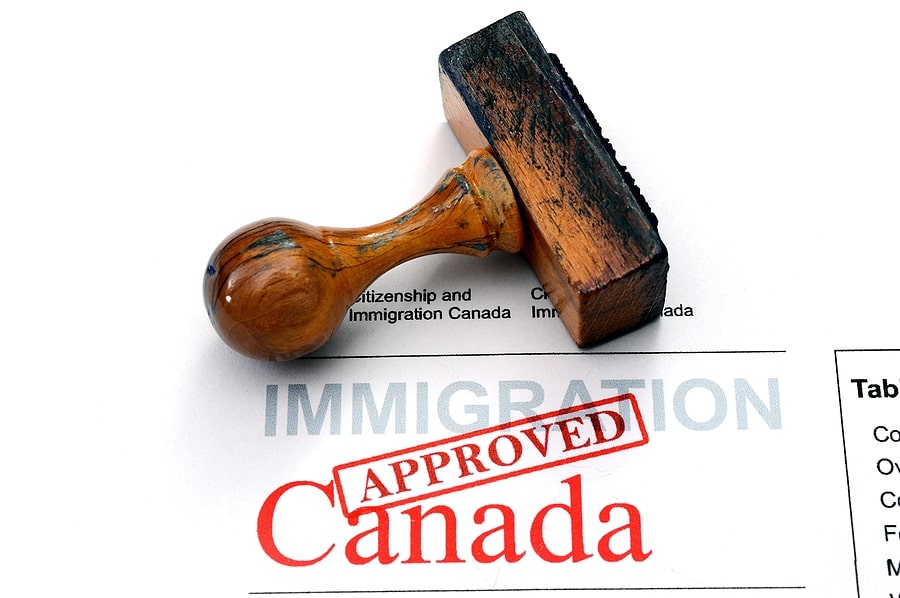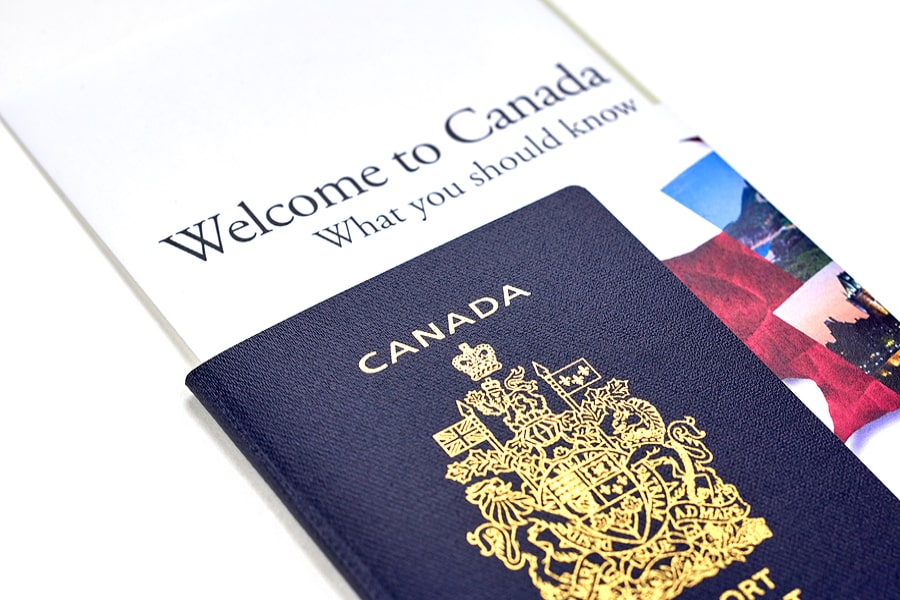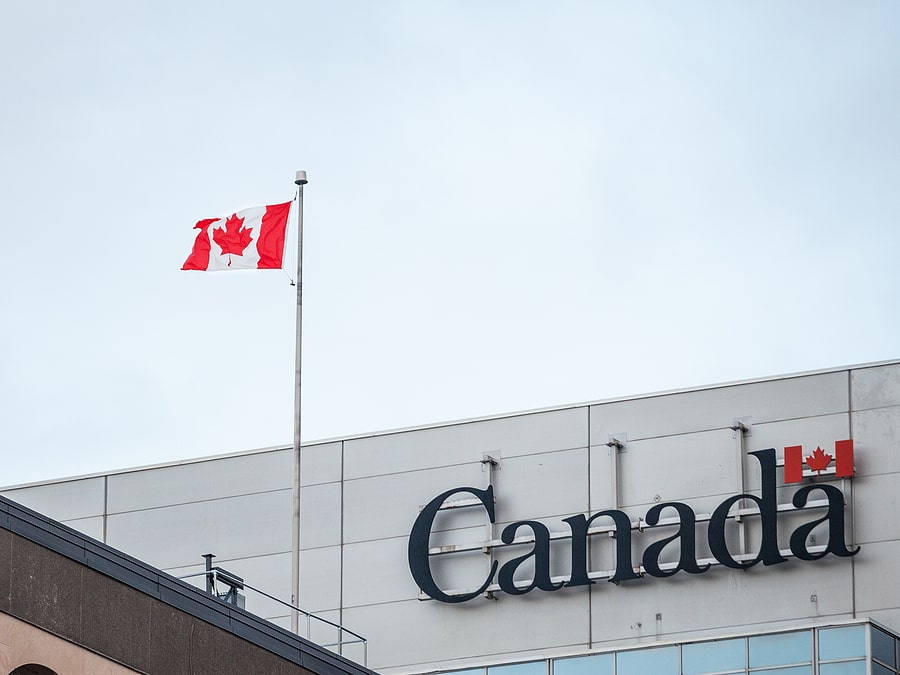What is the Refugee Appeal Division (RAD)?
Despite how compelling your claim, evidence, and witnesses may have been, refugee hearings do not always go as planned.
The Member (decision-maker) hearing your case may not believe some of the facts you alleged, your evidence may not have appeared consistent, or there just may not have been enough there for your claim to succeed.
Whatever the reason, if your refugee claim is refused by the Refugee Protection Division (RPD), you have an opportunity to challenge that refusal at the Refugee Appeal Division (RAD).
How does a Refugee Appeal Division Work?
If your refugee claim before the Refugee Appeal Division is dismissed, you have the right to appeal at the Refugee Appeal Division.
To exercise this right, you must file a Notice of Appeal to the Refugee Appeal Division within 15 days of receiving your negative Refugee Appeal Division decision.
It is incredibly important to stick to the deadlines that the Refugee Appeal Division sets out in order to preserve all your rights to appeal.
After you have filed your notice of appeal, you then have 30 days to perfect your application.
To perfect your application, you must file an Appellant’s Record, which usually consists of an affidavit, any evidence you seek to rely on as part of your appeal, as well as a detailed memorandum of law which sets out your legal arguments.
When you appeal a decision at the Refugee Appeal Division, what you are arguing is that the decision made at the RPD was unreasonable or incorrect, for whatever reason.
For this reason, you must be careful with what evidence you seek to rely on for your appeal.
You are allowed to raise concerns with how any of the evidence that was already on the record was treated, but you must be very cautious, for example, with any new evidence that you seek to raise. There are strict guidelines for how to admit new evidence at the Refugee Appeal Division, and if you want to rely on that evidence to overturn a negative decision, you have to be sure it is properly tendered.
As part of the preparation of your RAD appeal, it also helps to have a recording of the original RPD hearing.
This can be requested from the Immigration and Refugee Board of Canada, but make sure you make that request well in advance of when your Appeal Record is due.
RAD appeals are more often than not started and concluded entirely in writing.
In some cases, a further hearing may be required to deal with credibility concerns or new evidence, but generally speaking, a RAD appeal is submitted in writing and dealt with by another decision-maker in writing.
If Your Appeal Is Successful
Success at the RAD can mean one of three things:
- The original RPD refusal gets revoked, and your matter will be sent back to the RPD for a brand new hearing;
- A discrete new hearing at the Refugee Appeal Division may be issued to deal with specific issues; or
- A Member may make a finding that you are a refugee or protected person based on the content of your appeal, and no further action will be required.
If your appeal is unsuccessful, then depending on the reasons for the refusal, you may wish to consider commencing an application for leave and judicial review at the Federal Court of Canada to challenge the RAD refusal.
A RAD refusal is complicated and technical, and it helps to have an experienced immigration lawyer Toronto involved to make sure that you abide by the relevant deadlines, properly canvass whether new evidence can be submitted or should be submitted, or any other issues that may arise.
As with any appeal, there are difficult legal concepts to grapple with for an appeal, and an immigration lawyer with experience in both litigation and these appeals can help you sort through the issues, determine what information and documentation is important to include in an appeal, and help you put your best foot forward.
Often, refugee issues are a matter of life or death, and it helps to have someone with a strong record of success on these matters in your corner.
The Government of Canada has provided ample other information about appealing RPD matters in their Appellant’s Guide.

Frequently Asked Questions
Are all RPD refusals eligible for an appeal at the Refugee Appeal Division?
- No, not all RPD refusals are eligible to be appealed at the Refugee Appeal Division. You cannot pursue an appeal at the Refugee Appeal Division if:
- You are a designated foreign national;
- Your refugee claim was withdrawn or abandoned;
- The RPD decision says that your claim has no credible basis or is manifestly unfounded;
- You made your claim at a land border with the United States and the claim was referred to the RPD as an exception to the Safe Third Country Agreement;
- The Minister made an application to end (cease) your refugee protection, and the RPD decision allowed or rejected that application;
- The Minister made an application to cancel (vacate) the decision to allow your refugee protection claim, and the RPD decision allowed or rejected that application;
- Your claim was referred to the RPD before relevant provisions of the new system came into force in December 2012;
- Your claim for refugee protection was deemed to be rejected under Article 1F(b) of the Refugee Convention because of an order of surrender under the Extradition Act.
If you are unable to appeal to the Refugee Appeal Division for any reason, you will likely still be able to pursue a challenge at the Federal Court through a judicial review. Speak with an immigration lawyer to make sure you understand and preserve all your rights, as these are important procedures that will have serious implications for your future.
How long does a Refugee Appeal Division Appeal take to process?
Generally speaking, these matters can take upwards of a year to process. It is possible that this will take longer, but a lot of the processing depends on the complexity of your appeal, the amount of evidence that must be reviewed, and we assume the availability of Members to make decisions on these applications.
Can I be removed/deported from Canada while my Refugee Appeal Division Appeal is pending?
Pursuant to the relevant immigration legislation and regulations, if your refugee claim at the RPD is refused, and you have commenced an appeal at the Refugee Appeal Division, you cannot be removed/deported from Canada until your appeal is duly considered.
What options do I have if my Refugee Appeal Division appeal is refused?
If your RAD appeal is refused, you can always start an application for leave and judicial review at the Federal Court, like with most other immigration decisions. At the Federal Court, you will not be able to tender any new evidence, but if you think there were issues with your RAD appeal refusal, this option is still available to you to make sure that your case is properly considered.
Related Articles



